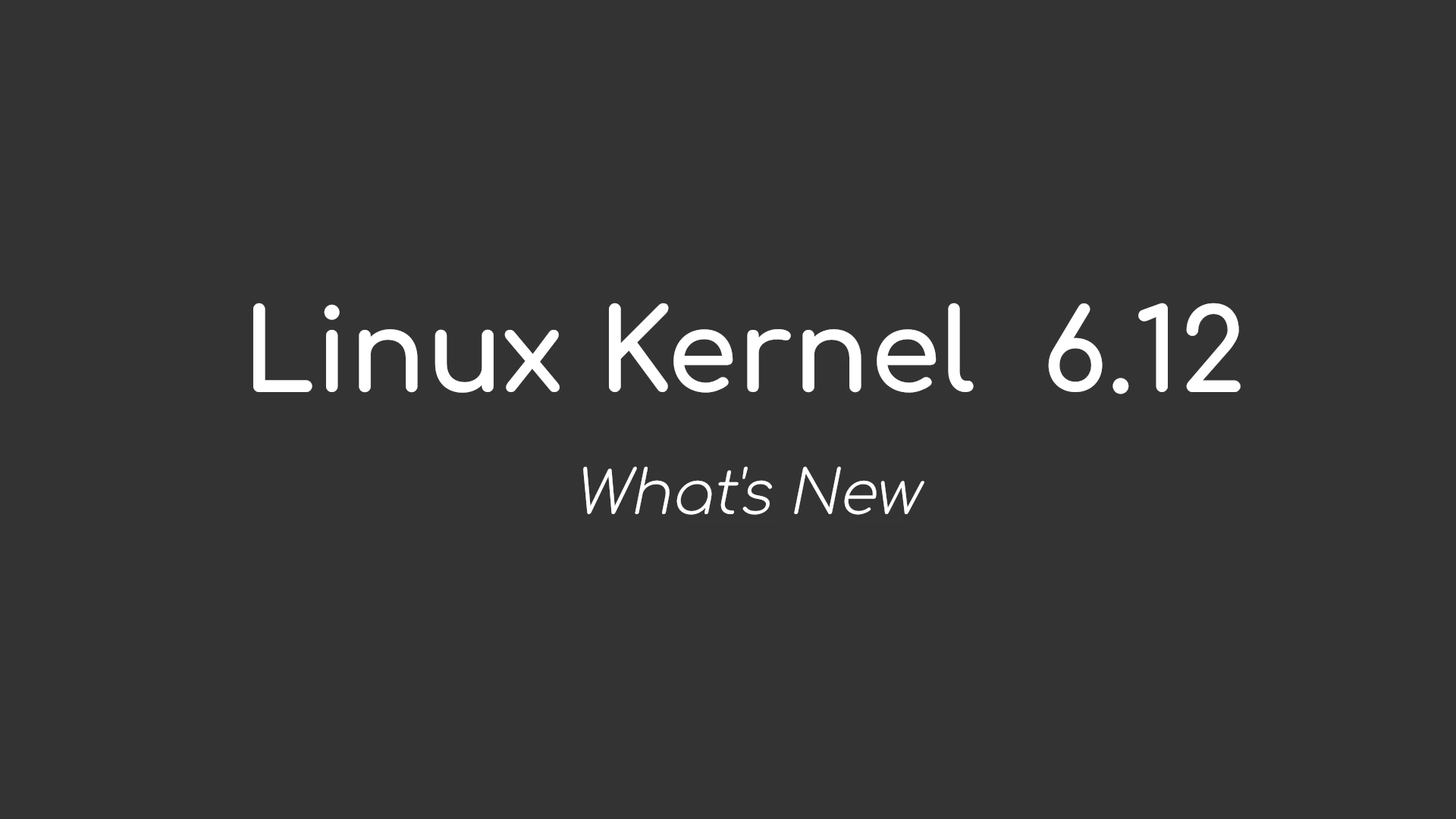Linus Torvalds has officially announced the release of Linux Kernel 6.12, which comes packed with a myriad of enhancements and new features. One of the standout additions is real-time “PREEMPT_RT” support, alongside a new scheduler known as sched_ext. Additionally, users can now access DRM panic messages represented in QR code format.
Among the key features of Linux kernel 6.12 is enhanced support for Clang, including Link-Time Optimization (LTO) for nolibc. The updated cpuidle tool now offers a clearer view of idle states, and the kernel provides support for NVIDIA’s virtual command queue for SMMUv3. Further improvements include SWIG bindings for libcpupower, error address translation from AMD memory controllers to physical addresses using the platform runtime mechanism (PRM), and simplified loading for microcode patches on AMD Zen CPUs.
The file system enhancements include file-backed mount support for the EROFS file system, while new guest PMU support for LoongArch KVM enhances virtualization capabilities. The kernel also introduces a thermal core testing module, which allows for mock thermal zones to be created and controlled via debugfs.
Networking features have also received attention, with Device Memory TCP support enabling zero-copy TCP payload receives into DMABUF memory regions. Support for IPv6 enhancements, including IOAM6 support and an ability to read PTP Physical Hardware Clock alongside MONOTONIC_RAW timestamps, has been added.
Linux kernel 6.12 expands driver support, including new drivers for various platforms and controllers, which enhance hardware compatibility and functionality. Updated features such as battery charge settings on Dell laptops and fan profiles on ASUS Vivobook devices exemplify the kernel’s focus on expanding support for consumer hardware.
The filesystem improvements and multiple updates in Rust support further enhance the kernel’s capabilities. Bug fixes and clean-ups accompany these features, ensuring a more stable experience for users. For developers and enthusiasts wishing to explore the new kernel, it can be downloaded from kernel.org or Linus Torvalds’ git tree. Users are advised to wait for the official inclusion of Linux 6.12 in their distributions’ stable software repositories before upgrading.
